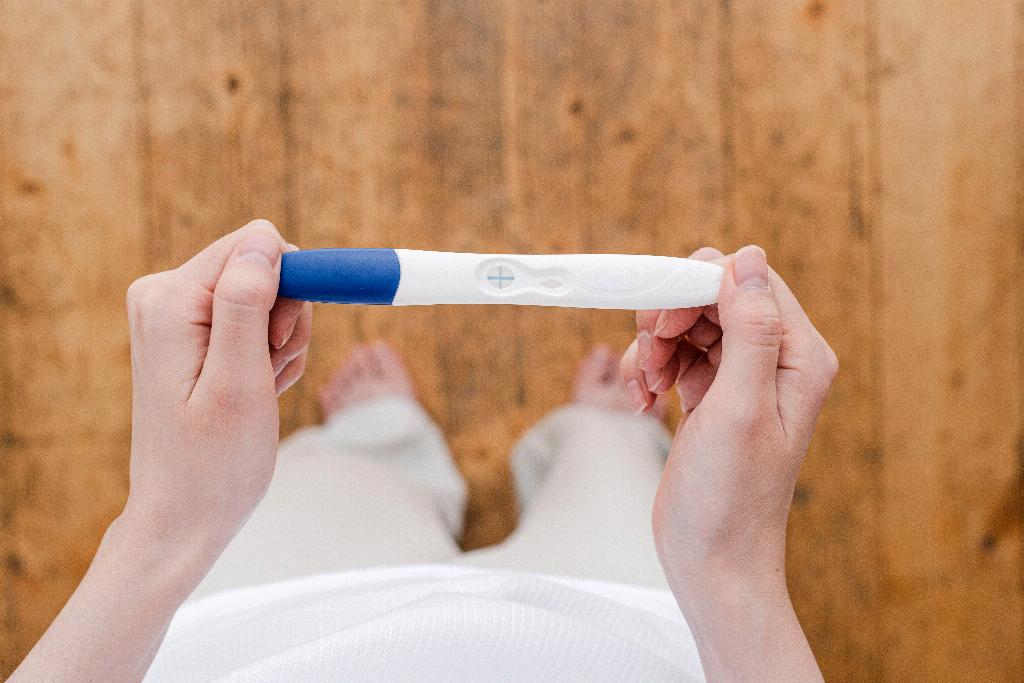One common concern that many pregnant individuals may experience is dizziness, particularly when laying down. This sensation can be unsettling, but understanding the reasons behind it can help alleviate worries and provide some solutions.
Physical Changes in Pregnancy
As the body undergoes various changes during pregnancy, such as the expansion of the uterus and increased blood volume, the circulatory system adapts to support the growing fetus.
Pressure on Blood Vessels
Dizziness when laying down may occur due to the uterus exerting pressure on blood vessels, affecting blood flow and potentially leading to a drop in blood pressure. This can result in feelings of lightheadedness or vertigo.
Impact of Positioning
When lying on the back, especially in the later stages of pregnancy, the weight of the baby can compress the vena cava, a major vein responsible for returning blood to the heart from the lower body. This compression can affect blood flow and contribute to dizziness.
Importance of Proper Posture
It is essential for pregnant individuals to be mindful of their positioning, especially when lying down. Avoiding lying flat on the back and opting for a slightly elevated or left-sided position can help alleviate pressure on blood vessels.
Hydration and Nutrition
Staying hydrated and maintaining a balanced diet rich in nutrients can also play a crucial role in preventing dizziness during pregnancy. Dehydration and low blood sugar levels can exacerbate feelings of lightheadedness.
Regular Prenatal Check-ups
Attending regular prenatal appointments allows healthcare providers to monitor your health and address any concerns related to dizziness or other symptoms. They can provide personalized advice based on your specific situation.
Activity and Rest Balance
Finding a balance between activity and rest is key during pregnancy. Avoid sudden movements that can trigger dizziness and incorporate gentle exercises recommended by your healthcare provider to promote circulation.
Managing Stress and Anxiety
High levels of stress or anxiety can impact your overall well-being during pregnancy. Engaging in relaxation techniques, such as deep breathing exercises or prenatal yoga, can help reduce tension and potentially alleviate dizziness.
Symptom Monitoring
Keeping track of when dizziness occurs and any accompanying symptoms can provide valuable information to share with your healthcare provider. This data can assist in determining potential triggers and formulating a suitable management plan.
Support System
Having a supportive network of family and friends can offer emotional comfort and practical assistance during moments of dizziness or discomfort. Don’t hesitate to reach out for help when needed.
Self-care Practices
Engaging in self-care practices, such as getting adequate rest, staying physically active within recommended limits, and prioritizing your well-being, can contribute to a more positive pregnancy experience and potentially alleviate dizziness.
Consultation with Healthcare Provider
If you experience persistent or severe dizziness when laying down during pregnancy, it is advisable to consult your healthcare provider promptly. They can conduct a thorough evaluation to identify any underlying causes and recommend appropriate interventions.

